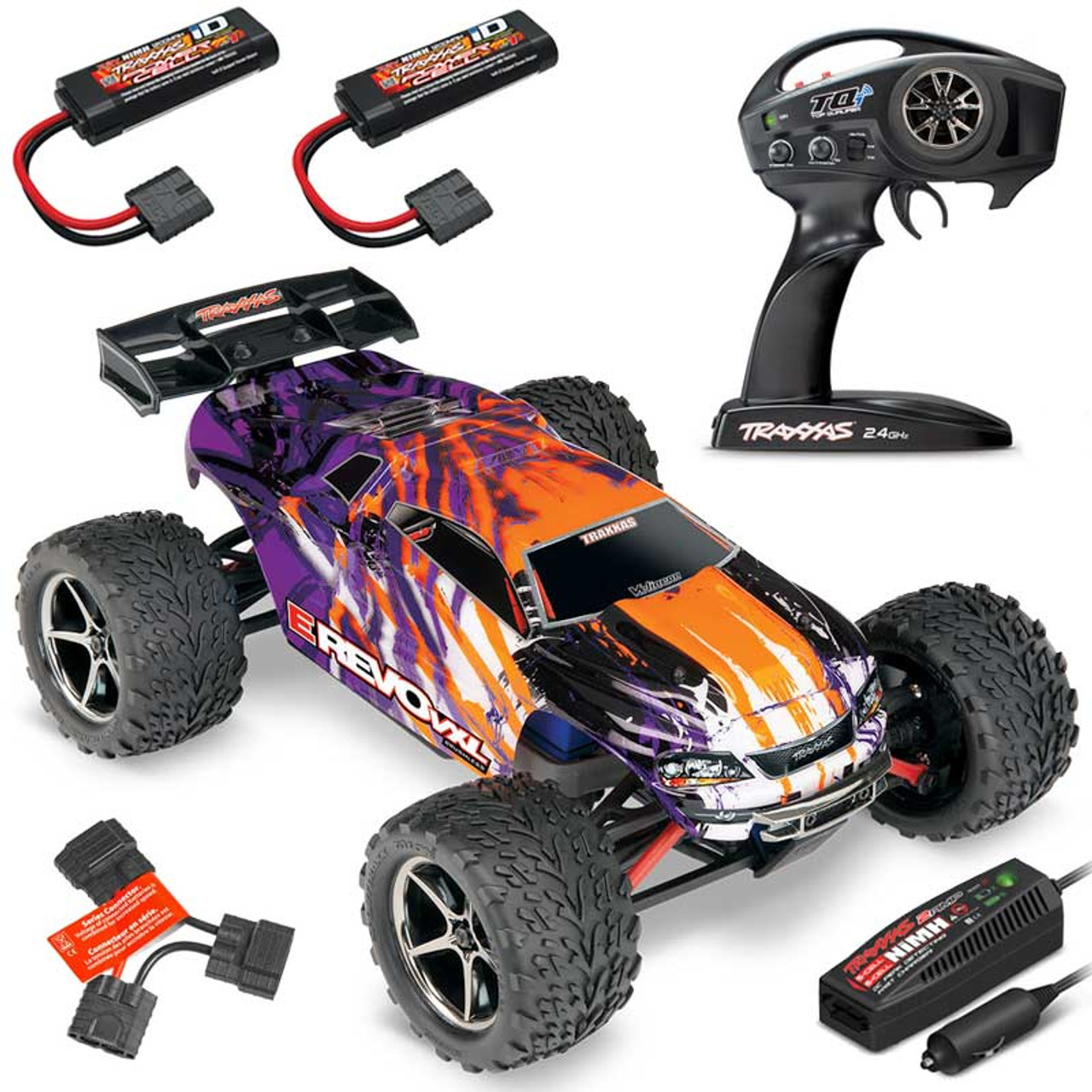50 mph is fast for an rc car. It’s not the fastest possible speed, but it’s still pretty quick. When you’re driving an rc car at 50 mph, you need to be careful and make sure you’re in control.
Otherwise, you could crash and ruin your race.
No, 50 mph is not fast for an RC car. The world record for the fastest RC car is held by a car that reached speeds of over 200 mph. There are many videos on YouTube of RC cars reaching speeds in excess of 100 mph.
Fast rc car doing 50mph
What is a Fast Speed for an Rc Car?
The answer to this question depends on a few factors, such as the type of RC car you are driving and the conditions of the racing surface. Generally speaking, a fast speed for an RC car would be anything over 30 miles per hour. However, there are some RC cars that can reach speeds of up to 60 miles per hour!
If you’re looking to get the fastest speed possible out of your RC car, then make sure to invest in a quality model and keep an eye on the condition of your racing surface.
Why Rc Cars are So Fast?
When it comes to RC cars, speed is everything. That’s why RC car manufacturers go to great lengths to design and build their cars to be as fast as possible. But just how do they manage to make their cars so fast?
One of the most important factors in an RC car’s speed is its weight. The lighter the car, the faster it will be able to accelerate and reach higher speeds. To achieve this, manufacturers use lightweight materials such as carbon fiber and aluminum in the construction of their cars.
Another important factor in an RC car’s speed is its aerodynamics. A streamlined design helps reduce drag and makes the car more efficient at reaching high speeds. Many RC cars feature aerodynamic body kits that are designed to improve airflow around the car and help it cut through the air more easily.
The final piece of the puzzle is the powertrain. In order for an RC car to be fast, it needs a powerful motor and a good quality battery pack. Brushless motors are often used in high-performance RC cars as they offer superior power and efficiency compared to brushed motors.
When paired with a quality lithium-ion battery pack, brushless motors are capable of propelling RC cars to extremely high speeds.

Credit: www.rcsuperstore.com
Is 30 Mph Fast for an Rc Car
If you’re new to the world of RC cars, you might be wondering if 30 mph is fast for an RC car. The answer is that it depends on a few factors, including the type of RC car you have and how you’re using it. Here’s a closer look at what to consider when determining if 30 mph is fast for your RC car.
The first thing to consider is the type of RC car you have. If you have a racing-type RC car, then 30 mph is likely to be on the slower end. However, if you have an off-road RC car, then 30 mph can be considered fast.
It really all depends on what type ofRC car you have and how you intend to use it.
Another factor to consider is how experienced you are with driving RC cars. If this is your first time behind the wheel of anRC car, then 30 mph may seem very fast.
However, if you’ve been drivingRC cars for awhile, then 30 mph may not seem so fast after all. It really varies depending on your level of experience.
Finally, consider where and how you’ll be driving your RC car.
Ifyou’re planning on driving it in open spaces like a park or field,then30 mph may be too fast (and potentially dangerous). However, ifyou’llbe driving your RC car indoors or around other people/obstacles ,then30mph may actually be just right . Again , it all comes down to personalpreference and situation .
Conclusion
50 mph is pretty fast for an RC car. Most RC cars can only go up to about 30 mph, so 50 mph is a significant upgrade. However, there are some things you need to keep in mind if you’re planning on driving your RC car at high speeds.
First of all, make sure you have a good quality battery that can handle the extra strain. You’ll also want to consider upgrading your tires to something with more grip. And finally, be careful!
Driving an RC car at high speeds can be dangerous, so make sure you know what you’re doing before you put the pedal to the metal.